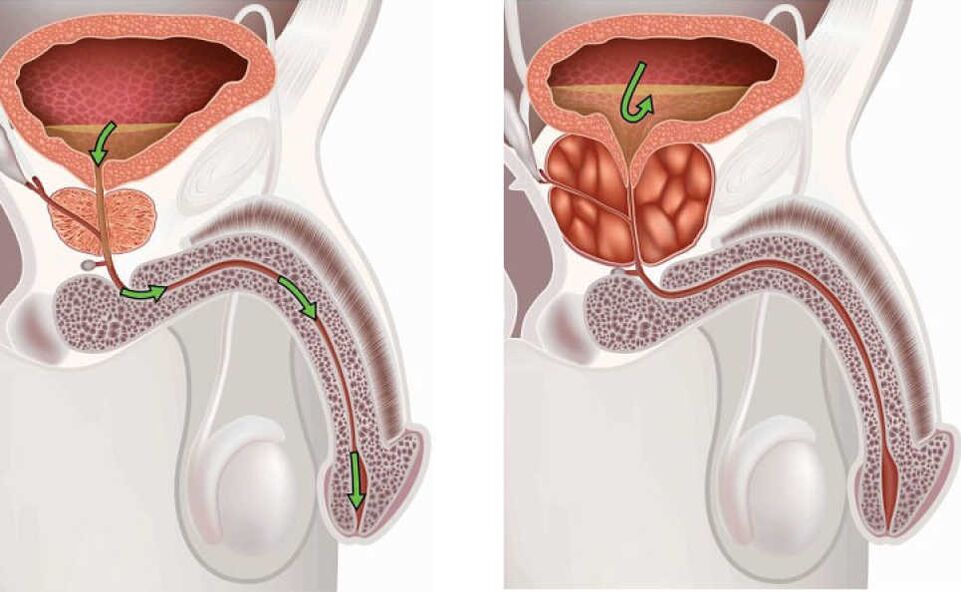
Chronic prostatitis is a complex pathology of the prostate gland, provoking a violation of the structure and function of the organ. This disease is characterized by pain in the pelvic organs, problems with urination, disorders of the genital area. To deal with the pathology and prevent its recurrence, you should consult a doctor in a timely manner. In difficult situations it will not be possible to do without surgery.
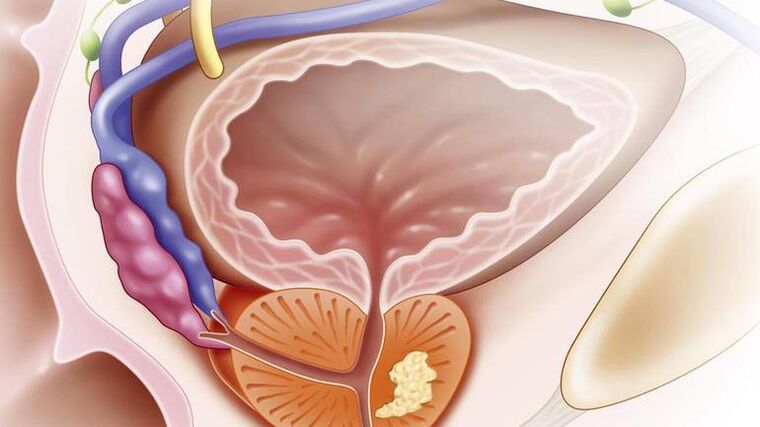
The reasons
A key cause of chronic prostatitis is infection with bacterial microorganisms. Pathogens can enter the body through infected urine or travel up the urethra.
In the chronic form of the disease, the infection acts as a provoking factor. In addition, the disease can continue even after the elimination of bacteria. Primary inflammation of the prostate leads to disturbances in the innervation of the organ and unlocks the autoimmune process. As a result, many men face abacterial prostatitis, in which the infection cannot be detected.
It should be borne in mind that bacteria live in the body of every man, but do not always cause the development of prostatitis.
The appearance of a chronic form of the disease is associated with a number of factors. These include the following:
- Deterioration of the immune system as a result of hypothermia, lifestyle disorders and other factors.
- Pelvic congestion - circulatory disorders may be associated with chronic constipation, insufficiently active lifestyle.
- Lack of systematic sexual intercourse.
- Chronic infections in the body - sinusitis, tonsillitis and other diseases.
- History of genital infections.
- Inflammation of the genitourinary system.
- Permanent traumatic damage to the prostate gland - they can be associated with increased stress on the muscle tissue of the perineum and other causes.
- Dietary disorders.
- Bad habits.
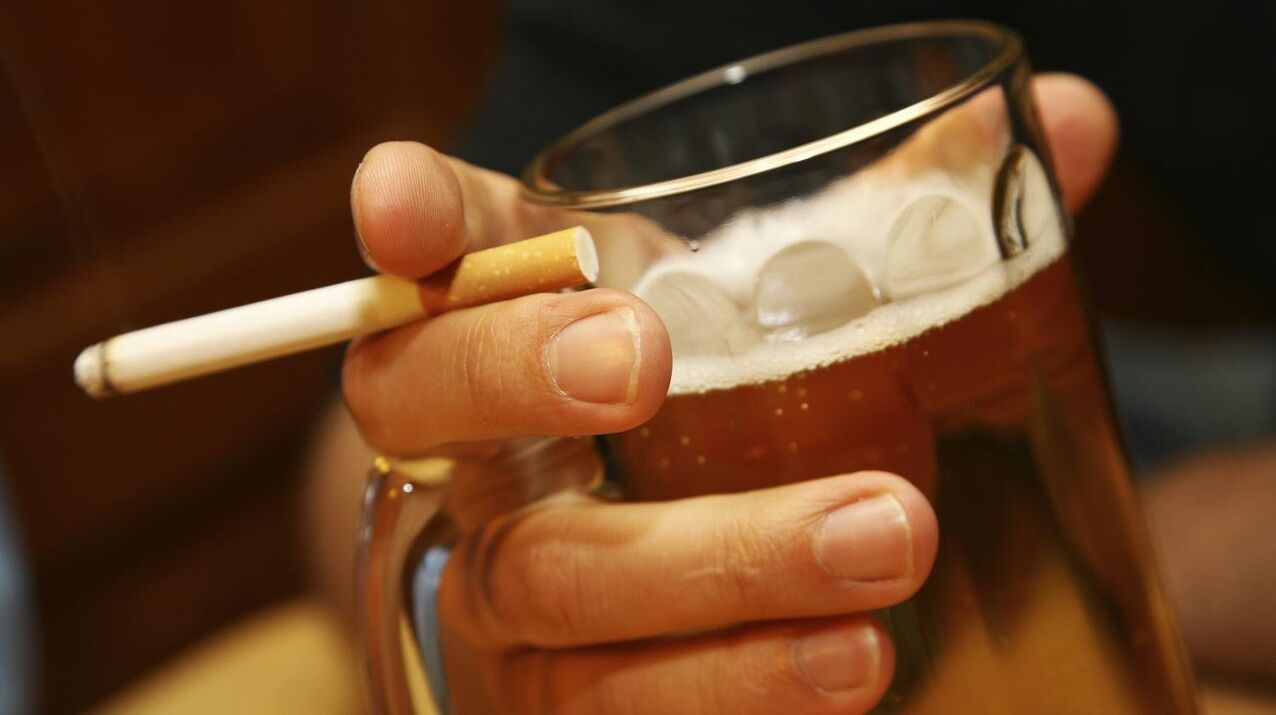
As the pathology progresses, it becomes chronic. This is due to the lack of timely therapy.
Classification
Urologists distinguish several types of prostatitis, each of which is characterized by certain characteristics:
- Contagious- The cause of the disease are bacterial microorganisms that penetrate the prostate. In most cases, chronic prostatitis is caused by chlamydia. This type of disease often becomes a cause of reproductive disorders.
- Non-infectious- it is not possible to establish the exact causes of such prostatitis. Often the provoking factor is disorders in the structure of the prostate, which causes compression of the bladder. This provokes frequent emissions of urine. In addition, autoimmune damage to organ tissue can cause problems.
- She stagnated- its development leads to insufficient emptying of the prostate and accumulation of excess blood. When stagnation occurs, the development of the inflammatory process is observed.
- Asymptomatic- is not accompanied by any manifestations and does not cause discomfort.
- Chronic pelvic pain syndrome- in this case the inflammatory process is accompanied by constant discomfort in the perineal area.
Symptoms
To cure chronic prostatitis, you need to identify the pathology as early as possible. In the initial stages of development, the disease is asymptomatic. That is why many men are in no hurry to see a doctor.
With such a diagnosis, the nervous system suffers above all. The patient has increased irritability, apathy, sleep disturbance, fatigue, general weakness. Often men with this diagnosis complain of loss of appetite.
In addition, the typical symptoms of chronic prostatitis include the following:
- Frequent urination.
- Pain in pain. They are given in the rectum, perineum and groin. Also, many men experience constant discomfort in the scrotum and head of the penis. There is often a syndrome of pain in the sacrum.
- Pain when urinating. Particularly severe discomfort is felt at the beginning and end of bladder emptying.
- Shivering and excessive sweating. This is due to the fact that the prostate is part of the endocrine system.
- Skin discoloration. This happens locally - in the projection of the pain area.
- Distribution of a small amount of secretion from the penis. This is due to the weakening of prostate tone. When the diseased gland is tense, it cannot accommodate a certain part of the contents.
- Sexual disorders. Chronic prostatitis has problems with erection and ejaculation. With a decrease in testosterone synthesis, a loss of libido is observed.
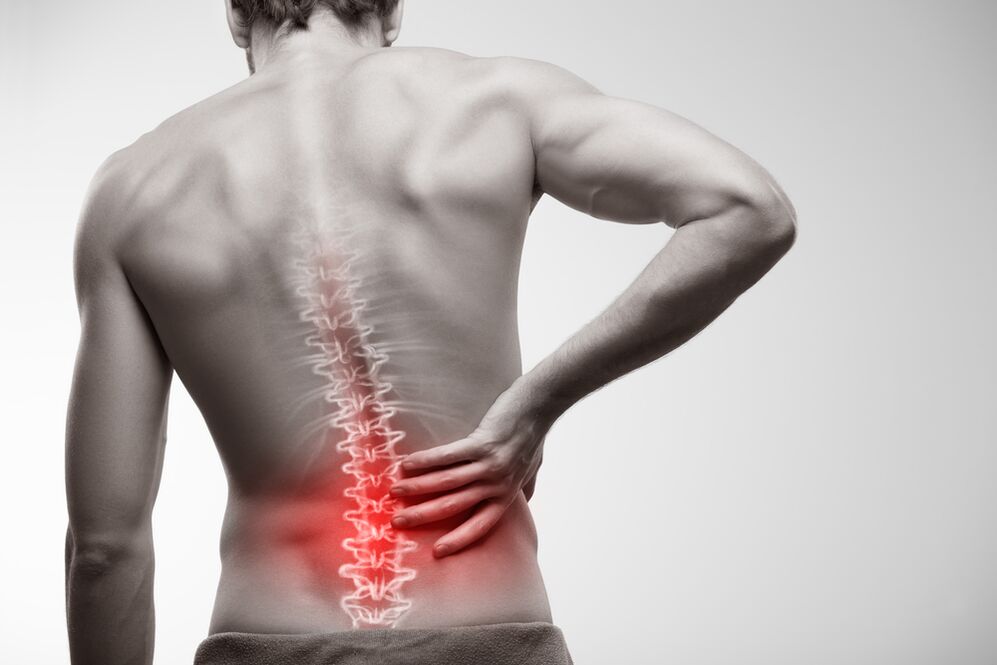
All signs of chronic prostatitis are grounds for seeking medical help. If this is not done in time, it will not be possible to deal with the pathology.
Diagnosis
The help of a urologist is needed to identify the pathology. The specialist will perform the following procedures:
- Interview with a patient- will help identify pain and discomfort.
- Palpation of the prostate- is performed through the anus.
- Examination of the groin- allows you to detect rash, skin irritation, secretion.
- Collection of prostate secretion.
These manipulations provoke noticeable discomfort and sometimes cause pain. However, they are very important in determining an accurate diagnosis.
In addition, to detect chronic prostatitis, you must pass the following tests:
- bacteriological examination of urine;
- clinical analysis of urine;
- a sample of three cups of urine;
- urethral smear;
- scraping - helps to identify the cause of the disease.
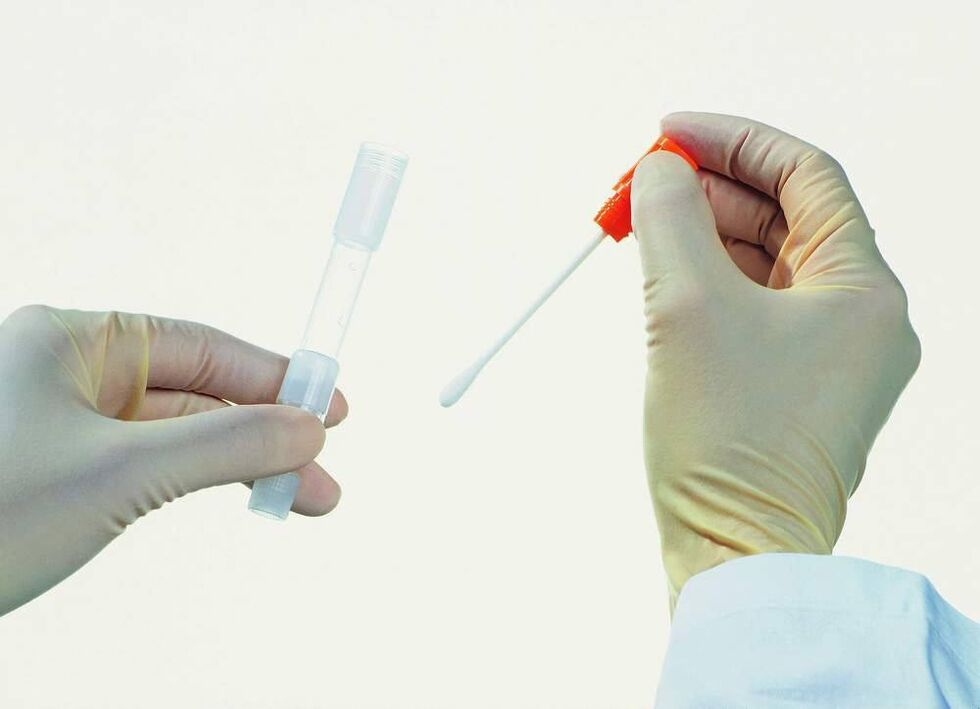
Hardware tests are a mandatory part of the diagnosis:
- Prostate ultrasound - helps to determine the size of the gland, identify tumors or cysts;
- Uroflowmetry - allows you to estimate the rate of urine output;
- CT scan;
- Biopsy.
Treatment
It is very problematic to completely eliminate chronic prostatitis. This is due to the fact that many men go to the doctor too late. But with complex therapy it is possible to achieve stable remission.
To deal with the disease, you need to choose a range of methods that affect the inflamed focus. To choose a treatment regimen for chronic prostatitis, you must take into account the following characteristics:
- the patient's age;
- symptoms of the disease;
- stage of inflammation;
- the state of the immune system.

If the chronic form of the disease has caused complications, the doctor may recommend surgery. However, most often the treatment of the disease includes the following components:
- taking antibiotics;
- normalization of blood flow in the pelvic organs and elimination of swelling in the prostate;
- symptomatic therapy;
- the use of anti-inflammatory drugs;
- the use of folk recipes;
- dietary adjustment.
The full course of treatment helps to achieve stable results and improve the patient's condition. However, the effectiveness of the therapy largely depends on the patient's mood.
Drug therapy
If the cause of the pathology is bacterial microorganisms, doctors should prescribe antibacterial agents. They should be taken until the level of pathogenic bacteria returns to normal. Quite often it takes a long time.
It should be borne in mind that in the non-infectious form of the disease, the use of antibiotics is strictly prohibited. They will cause serious harm to the body and cause immunodeficiency.
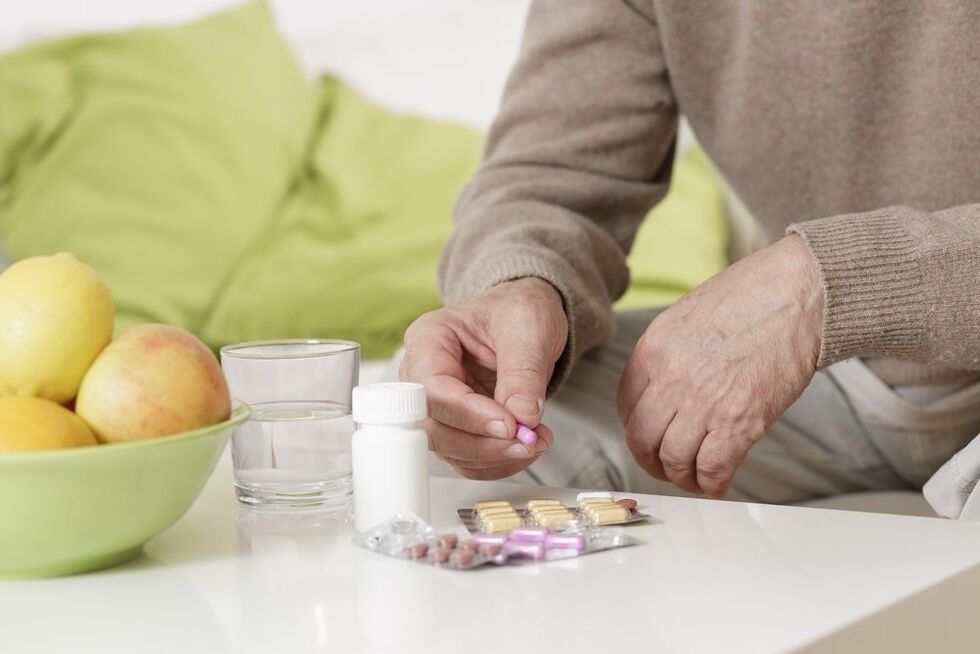
When choosing a particular drug, the doctor must take into account the following characteristics:
- composition of pathogenic microflora;
- the risk of unpleasant consequences;
- the body's sensitivity to drugs;
- duration and methods of application;
- the possibility of combining drugs with other methods of therapy.
The symptomatic treatment of chronic prostatitis depends on the manifestations of the disease. The clinical picture may vary depending on the form of the disease.
However, inflammation of the prostate is always accompanied by urinary disorders. In these situations, patients are prescribed alpha-blockers. Such funds provide normalization of the urogenital organs.
An essential part of therapy is strengthening the immune system. Immunomodulators are often used to prevent autoimmune aggression. Products containing zinc or echinacea can be used to increase the body's defenses. It is also useful to take pumpkin seeds. All these substances successfully deal with pathogenic bacteria.
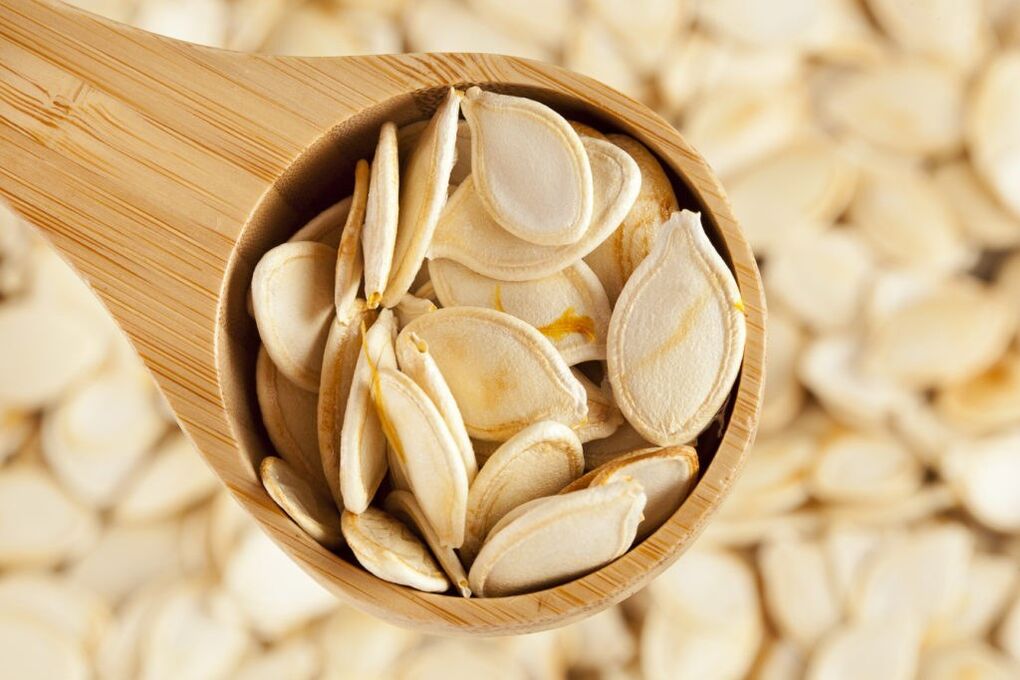
In addition to such therapy, vitamin complexes must be prescribed. Such agents start the process of cell regeneration and increase resistance to pathogenic bacteria.
Anti-inflammatory therapy involves the use of anti-inflammatory drugs.Rectal suppositories, which include the following components, are most commonly prescribed:
Morpholine-methyl-triazolyl-thioacetate - helps to normalize tissue repair;
- Ichtammol - helps to improve blood flow;
- Propolis - suppresses the inflammatory process and helps strengthen the immune system.
NSAIDs can be used with increasing temperature parameters. These tools are highly effective.
Physiotherapy
Physiotherapy methods for the treatment of chronic prostatitis can quickly improve the patient's condition and get stable results. There are many effective methods that benefit from this diagnosis. The main ones are listed below.
Thermal impact
Under the influence of warm water it is possible to relieve inflammation of the affected tissues.That is why men with such a diagnosis are systematically advised to take warm baths.It should be borne in mind that the water should not be too hot.
Medicinal plants or sea salt can be added to the water. Decoctions of calendula or chamomile are suitable to stop the inflammation and deal with the pain. Sage also has an excellent effect.
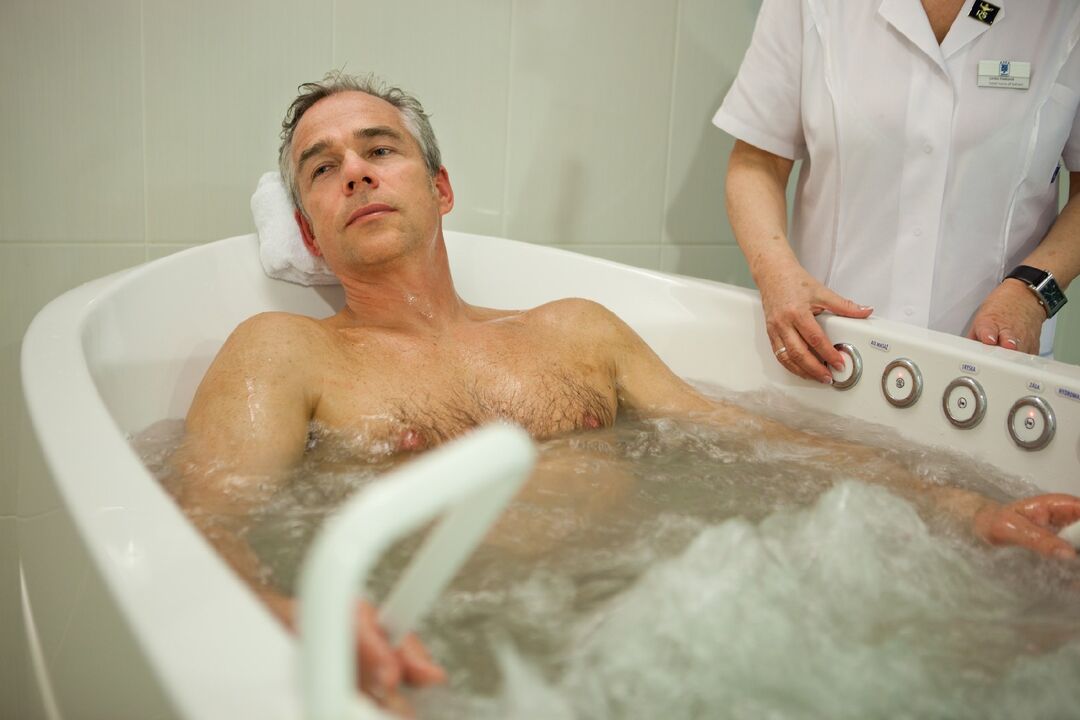
During the procedure, blood circulation is improved, pus is removed and metabolic processes are restored. People with such a diagnosis should systematically take such baths.
Electrotherapy
In this case, an electrical effect is used to combat prostatitis. The most effective method is electrophoresis. Also, doctors often prescribe inductothermy of the perineal area. With the help of this effect it will be possible to deal with prostate discomfort in about 70% of cases.
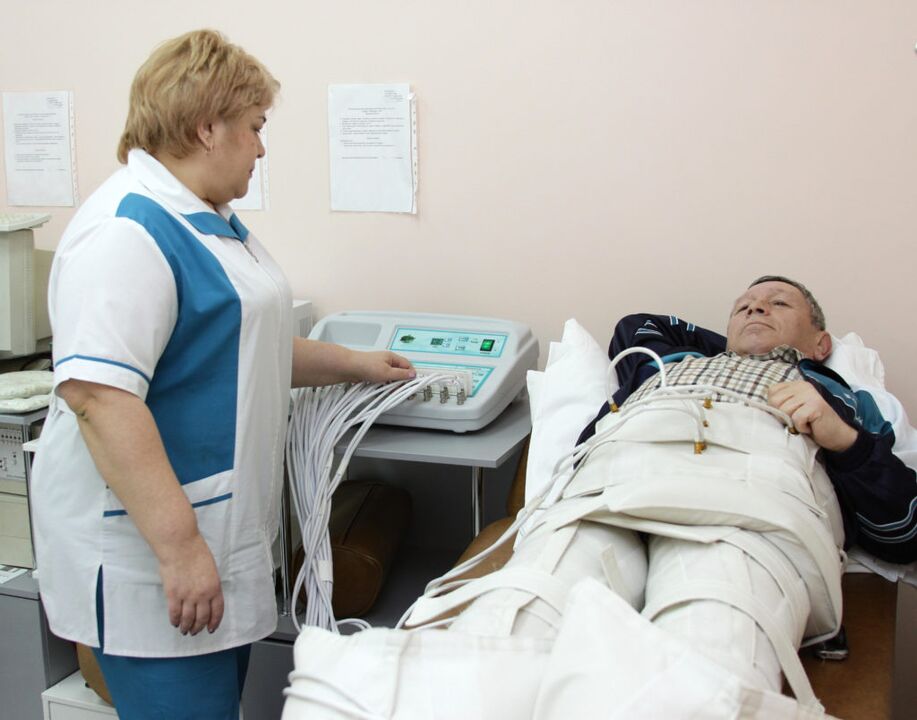
It is important to take into account that the therapy of chronic pathology will not give quick results. In some situations, physiotherapy treatment takes weeks or even months. However, the result is worth it. That is why it is so important to strictly adhere to medical recommendations and not to stop treatment prematurely.
Laser therapy
Numerous studies confirm the effectiveness of the use of laser radiation in combating pathology. The technique does not take much time and does not cause pain.
This treatment is performed when the bladder is half full. This will help expel prostate secretions in the urine. During the procedure, the patient should lie on his back and relax. A layer of gauze performs a laser effect on the perineum. This is done through the skin or intrarectally.
Other methods
There are many other techniques that can help you achieve great results:
- Ultrasound exposure.Under the influence of high-frequency vibrations, which are not heard, it is possible to successfully deal with prostatitis. They also help with prostate adenoma;
- Ultraphonophoresis.In this case, the therapeutic effect is achieved through a combination of the effect on the body of ultrasound exposure and drugs that are administered during the procedure;
- Magnetic therapy.A permanent magnetic field can be applied to eliminate chronic inflammation of the prostate. A low frequency field is also often used;
- Microwave therapy.In this case, a high-frequency electromagnetic field is applied;
- Darsonvalization.In such a situation, a pulse current with high frequency and voltage is applied;
- Galvanizing.When using this technique, the therapeutic effect is achieved due to the action of direct current with low voltage and low frequency;
- UHF.In this method, the capacitor plates are brought to the damaged tissue. The therapeutic effect is achieved through the action of an electric field.
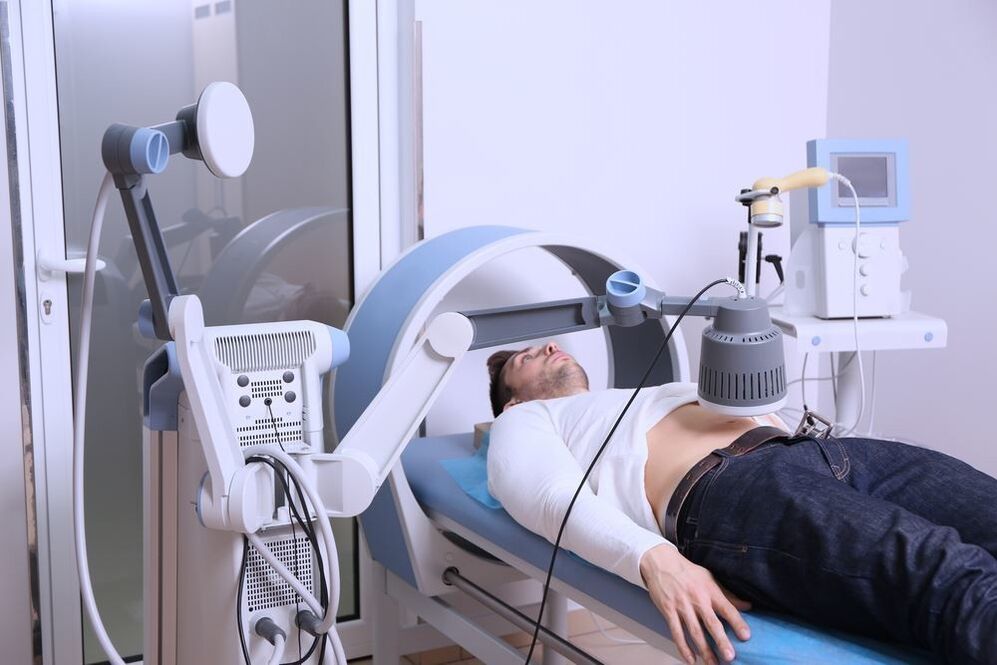
Folk recipes
To make traditional therapy of the disease more effective, you can use effective folk recipes. The most effective means include the following:
- Pumpkin seeds.At the first signs of the disease you should start eating 30 seeds a day. Honey and pumpkin balls would be a great option. To do this, 500 g of raw seeds must be crushed with a meat grinder and mixed with 200 g of honey. Make balls the size of a medium hazelnut from the composition. You should eat 1-2 balls a day.
- Pumpkin flour.The seeds must be cut with a blender. As a result, they must acquire the consistency of a powder. Consume 2 tablespoons 30 minutes before eating. Drink the composition with water. This is one of the most effective treatments for prostatitis. To prevent recurrence of the disease, you should take 1 course per year.
- Aspen bark.To give the desired results, it is important to properly prepare the raw materials. The bark should be harvested in late April before the first leaves appear. The composition must be well dried and crushed. Then take a container with a capacity of 1 liter and fill it with a third of the crust. Fill the remaining area with water. Leave for 2 weeks, then strain well. Drink 1 tablespoon of infusion 3 times a day.
- Curly parsley.The seeds and root of the plant are used to treat chronic prostatitis. It is also very useful to consume parsley juice. This should be done 30 minutes before eating. Some people grind the seeds of the plant into powder. Then they should be poured with boiling water and kept on the stove for another quarter of an hour.
- Garlic.To make a medicinal tincture, you need to take 5 cloves of garlic, add 500 ml of boiling water and leave for a day. Then filter the composition and drink 50 g. This should be done every day before meals.

In order for folk remedies to lead to the desired results, you must adhere to the following recommendations:
- During the therapeutic period, lead a healthy lifestyle;
- Homemade recipes are very useful to supplement with massage;
- Remember to tune in for a long period of therapy;
- Do not be afraid of side effects. Most ingredients in such products successfully cleanse the body and remove harmful substances from it.
If unpleasant symptoms occur during therapy, you should definitely consult a doctor. The course of treatment usually lasts one month. In some situations, longer therapy may be needed. It is very important that the treatment is completed.
Physiotherapy
The key reason for the development of prostatitis is the violation of blood flow in the pelvic organs. This is what becomes a provoking factor of stagnation. To improve blood flow, you need to activate it through physical activity. This is the most effective method of treating congestive prostatitis. With a bacterial infection, exercise is unlikely to lead to tangible results.
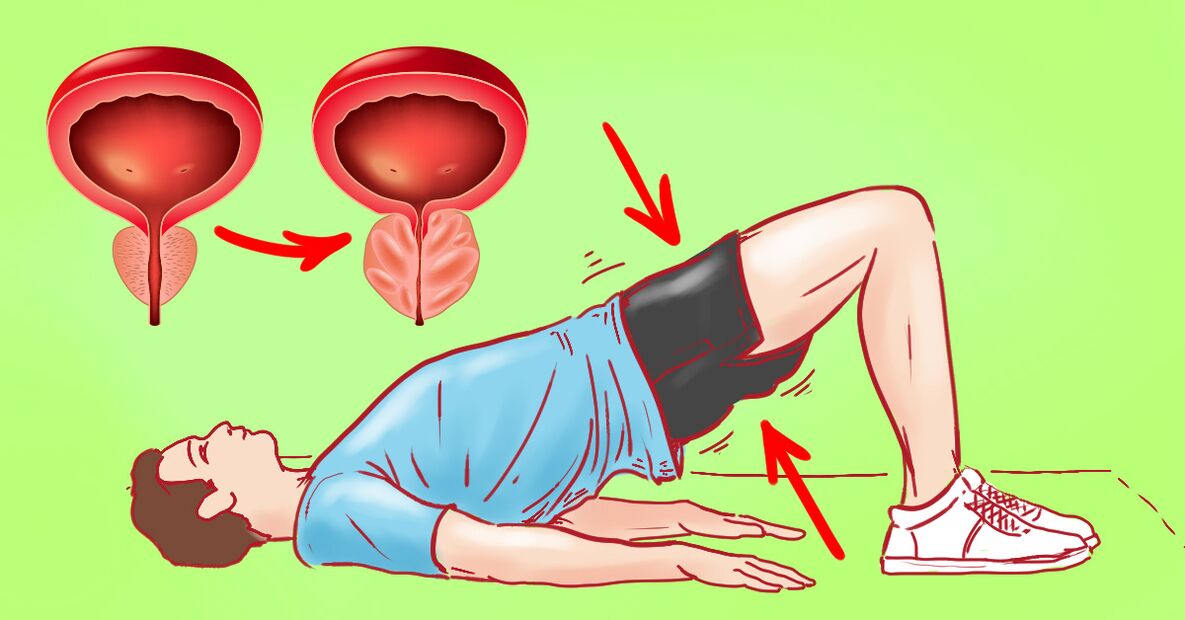
To eliminate the symptoms of chronic prostatitis, it is useful to do the following exercises:
- Squats.This is one of the most effective therapies. You need to squat deeply - only this will give tangible results. You should do 100 of these exercises a day. If it is difficult to do this right away, you can divide the movements into 3 approaches. With the appearance of pain in the legs the next day can be judged on the weakness of the muscle tissue of the legs and unsatisfactory blood flow in the pelvic organs.
- Scissors.Each leg should make 20 such movements.
- Lifting the legs.This exercise should be done while lying on your back. Up to 20 repetitions should be done at once.
Massage is an effective method to combat prostatitis. It needs to be done several times a day. Thanks to this it will be possible to cope with stagnation in the gland.
Surgical intervention
This method of therapy is used in extreme cases when other methods do not allow you to deal with the disease. A special tool is inserted through the urethra to fight chronic prostatitis. With its help part of the affected tissue is removed. Transurethral resection of the prostate is usually used with this diagnosis.
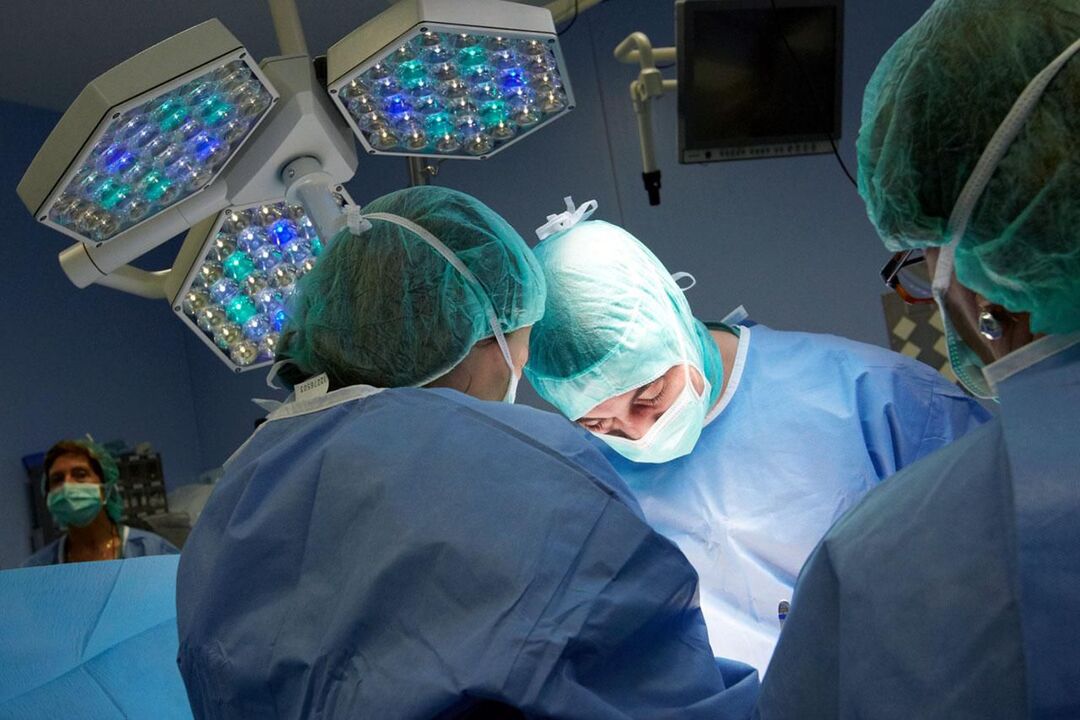
Thanks to this, it is possible to deal not only with chronic prostatitis. This technique is actively used to combat organ adenoma. In more complex situations it is impossible to do without open surgery. In this case, after the operation, the patient will have defects of scars on the skin.
Food
To eliminate chronic prostatitis, it is very important to eat properly. With such a diagnosis, overeating and eating foods that do not go well with each other should be avoided. It is best to give up coffee, fatty meats, canned and marinated foods.
Alcohol also has a negative effect on prostate health. If you want to avoid permanent exacerbations of the disease, you must completely give up alcohol.
Complete smoking cessation is also important.Nicotine has a very bad effect on all organs and the prostate is no exception.To deal with the pathology, you need to eat properly and walk more in the fresh air.
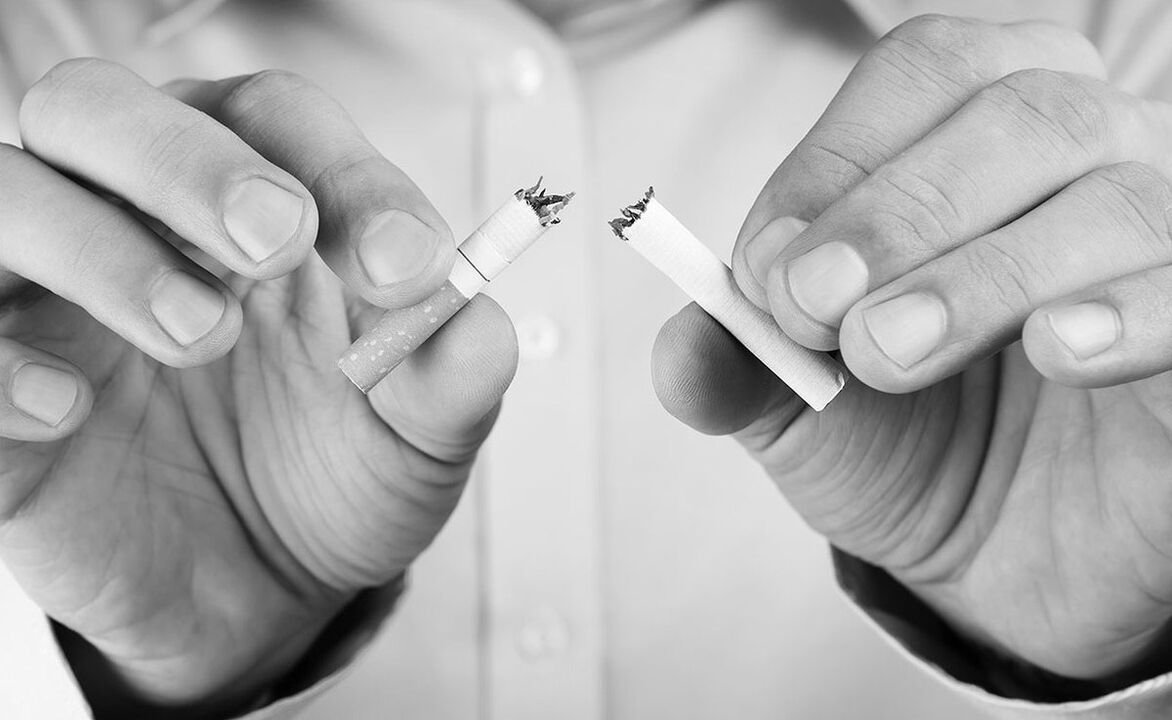
It is very important to make adjustments in your diet. Instead of fatty meats and sausages, you should eat lots of fruits and vegetables. They have excellent taste and are of great benefit to the body.
Such a diet reliably protects against harmful bacteria that often cause inflammation in the genitals. After a few days of such a diet, health will improve significantly.
Possible complications
If you do not start treatment of the pathology in time, it can cause dangerous complications. The main consequences of chronic prostatitis include the following:
- Erectile dysfunction.In men, the production of ejaculate decreases or there is a complete absence of it. Potency is also seriously deteriorating.
- Disorders of urination.
- Cystitis.
- Acute urinary retention.
- Bladder strictures.In this case, the man cannot urinate at all.
- Hemorrhoids.
- Oncology.Such diseases develop in the prolonged presence of chronic prostatitis.
- Nervous system disorders.Many people experience depression, excessive fatigue and increased irritability. Also, men often experience a state of apathy.
- Cicatricial lesions of the prostate.The inflammatory focus provokes a violation of the structure of the gland. Gradually the tissues are replaced by scars. As a result, the work of the body is seriously impaired. These changes are called fibrosis.
- Damage to the entire reproductive system.In advanced prostatitis there is damage to the testicles and inflammation of the appendages. Vesiculitis often develops, which is a lesion of the seminal vesicles. As a result of these processes, reproductive functions are greatly reduced and a person develops infertility.
Prevention
To avoid exacerbation of chronic prostatitis, you should adhere to the following recommendations:
- Avoid hypothermia, do not sit on cold surfaces;
- Visit an urologist annually for an examination;
- Do not tolerate the urge to urinate;
- Abstain from alcohol during the exacerbation of the disease and do not consume much alcohol during remission;
- If you have to sit for a long time every hour, do a warm-up - it should last at least 5 minutes;
- Lead an active sex life, avoid long breaks;
- Use a prostate stimulator;
- Avoid injury to the perineum;
- Fighting constipation.

Chronic prostatitis is a rather complex pathology that negatively affects a man's sexual activity and seriously impairs his quality of life. To deal with this disorder, you should promptly consult a doctor and strictly follow all his recommendations. Only in this case it will be possible to obtain noticeable results.
Reviews
Numerous reviews for the treatment of chronic prostatitis show that this disease can and should be fought.
- "When I had symptoms of prostatitis, I didn't go to the doctor right away. Everyone hesitated to talk about their delicate problem. As a result, I had very serious problems that had to be solved for a long time. After about six months of complex therapy, I underwent a second examination. I am very glad that there is no trace of prostatitis. "
- "Prostatitis is a very unpleasant problem. It all started with severe hypothermia, low back and prostate pain, discomfort when urinating. I endured for a long time. When I went to the doctor, I was already diagnosed with chronic prostatitis. It cannot be completely cured. Therefore, therapy was aimed at achieving stable remission. I want to tell all men not to delay a visit to the urologist. "
- "My husband was diagnosed with chronic prostatitis a year ago. This is a very serious medical condition that affects the quality of life and sexual activity. It took a long time to heal. After about a few months of therapy, the situation improved significantly. However, it was not possible to completely cure the disease. "



























